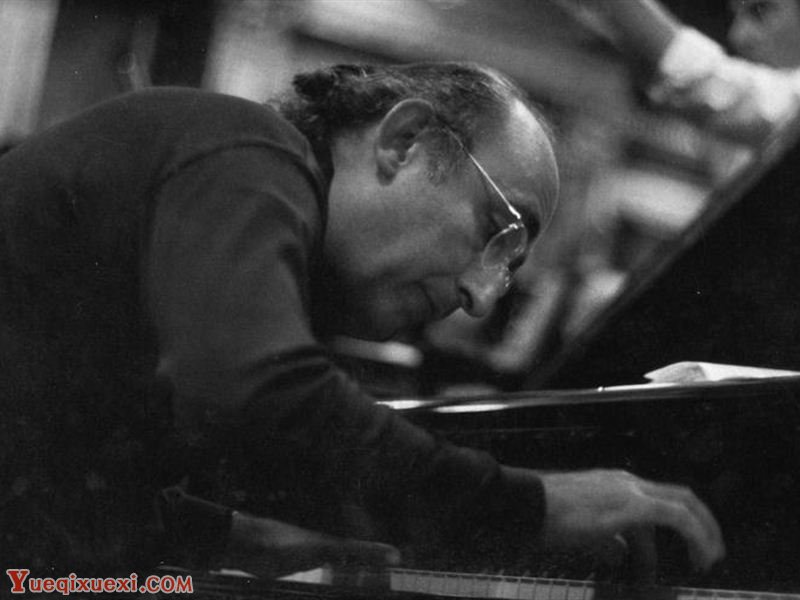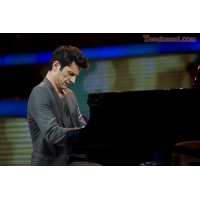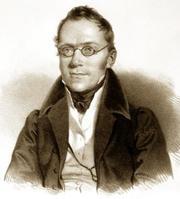Biography
Born in Vienna as the son of a teacher, Gulda began learning to play the piano from Felix Pazofsky at the Wiener Volkskonservatorium, aged 7. In 1942, he entered the Vienna Music Academy, where he studied piano and musical theory under Bruno Seidlhofer and Joseph Marx.
He won first prize at the Geneva International Music Competition in 1946. Initially, the jury preferred the Belgian pianist Lode Backx, but when the final vote was taken, Gulda was the winner. One of the jurors, Eileen Joyce, who favoured Backx, stormed out and claimed the other jurors were unfairly influenced by Gulda's supporters. Gulda began to play concerts worldwide. He made his Carnegie Hall debut in 1950. Together with Jörg Demus and Paul Badura-Skoda, Gulda formed what became known as the "Viennese troika".

Although most famous for his Mozart and Beethoven interpretations, Gulda also performed the music of J. S. Bach (often on clavichord), Schubert, Chopin, Schumann, Debussy and Ravel. His recordings of Bach's Well Tempered Clavier are well regarded by collectors. Apart from the Well Tempered Clavier, Gulda performed very few other pieces by Bach and recorded even fewer. Gulda's later reliance on co-operating with companies whose recording techniques were primitive in comparison to those espoused by more sophisticated rivals stood him in very poor stead with regard to posterity. The rescued Mozart sonata tapes issued on DG are unbelievably bad in terms of recorded technical quality; likewise the Debussy Preludes and Bach recordings of the late 60s and early 70s.
From the 1950s on Gulda cultivated an interest in jazz, writing several songs and instrumental pieces, and at times combining jazz and classical music in his concerts. In 1956, he performed at Birdland in New York City and at the Newport Jazz Festival. He organized the International Competition for Modern Jazz in 1966, and he established the International Musikforum, a school for students who wanted to learn improvisation, in Ossiach, Austria, in 1968. He once said:
There can be no guarantee that I will become a great jazz musician, but at least I shall know that I am doing the right thing. I don't want to fall into the routine of the modern concert pianist's life, nor do I want to ride the cheap triumphs of the Baroque bandwagon.

